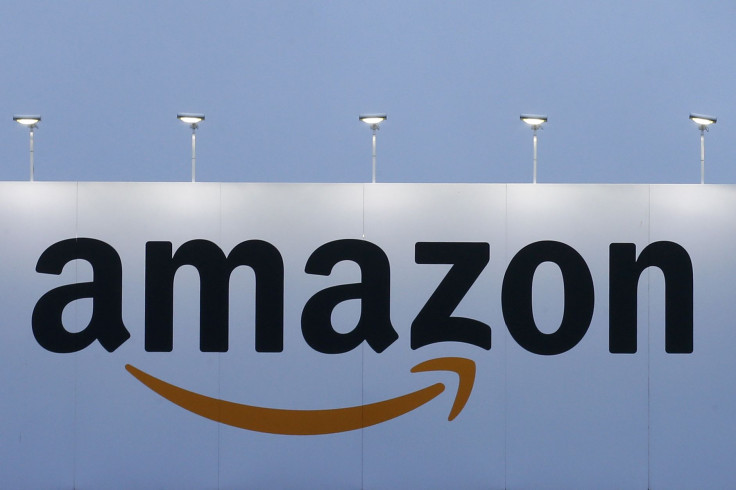FTC Investigating Amazon After Nonprofit Claims Company Deceives Customers With Fake Prices

The Federal Trade Commission is looking into claims made by a nonprofit that accuse Amazon of misleading customers about price bargains, a source close to the investigation told Reuters.
The probe is reportedly part of the FTC’s review of Amazon’s recent $13.7 billion deal to buy Whole Foods.
Read: Snapchat Spectacles Now Available On Amazon For Same Price, Next-Day Delivery
The complaint was brought up by the nonprofit Consumer Watchdog, which looked at 1,000 products listed on Amazon last month. The organization found Amazon showed reference prices or list prices on about 46 percent of the items. Among the products with reference prices, 61 percent of them were higher than any observed price charged by Amazon in the past 90 days, the report said.
“Amazon has persistently engaged in unfair and deceptive practices that violate Section 5 of the Federal Trade Commission Act, as well as laws protecting consumers in several states where it does business,” Consumer Watchdog said about the report.
In a letter to the FTC, the nonprofit called on the agency to block Amazon’s purchase of Whole Foods until the online retailer “formally consents to halt its deceptive pricing practices that falsely lead consumers to believe they are getting deals with discounted prices.”
Read: Amazon Could Launch Stand-Alone Messaging App 'Anytime,' Here Are The Possible Features Included
The FTC’s "Guide Against Deceptive Pricing" warns retailers against using “misleading” and "inflated" list prices that try to make the item’s cost look like a bargain. The rules say “the advertiser should make certain that the former price is not a fictitious one.”
After the report, the FTC made formal inquiries about the claims, according to Reuters.
Report Findings On Amazon Prices
The nonprofit also found 38 percent of all reference prices were higher than any price charged by the online retailer in observed history. The report said more than half of Amazon’s “was” prices surpassed the maximum price observed within the previous 90 days.
Consumer Watchdog said the before-sale prices were the most misleading type of reference price used. Reference prices on sale items “exceeded the maximum price observed within the preceding 90 days an astonishing 97 percent of the time,” the nonprofit said.
In response, Amazon said Consumer Watchdog's report was "deeply flawed."
"The conclusions the Consumer Watchdog group reached are flat out wrong," Amazon told Reuters. "We validate the reference prices provided by manufacturers, vendors and sellers against actual prices recently found across Amazon and other retailers."
The FTC has previously gone after Amazon. The agency sued the online retailer in 2014, claiming it billed parents and other account holders for unauthorized app purchases made by children. The FTC said Amazon’s setup allowed kids to make unlimited purchases without parental consent within apps.
The agency and Amazon settled the case and in May the FTC announced Amazon would refund more than $70 million in unauthorized in app purchases.
The FTC has previously settled cases with other tech companies, including Apple and Google.
© Copyright IBTimes 2024. All rights reserved.





















